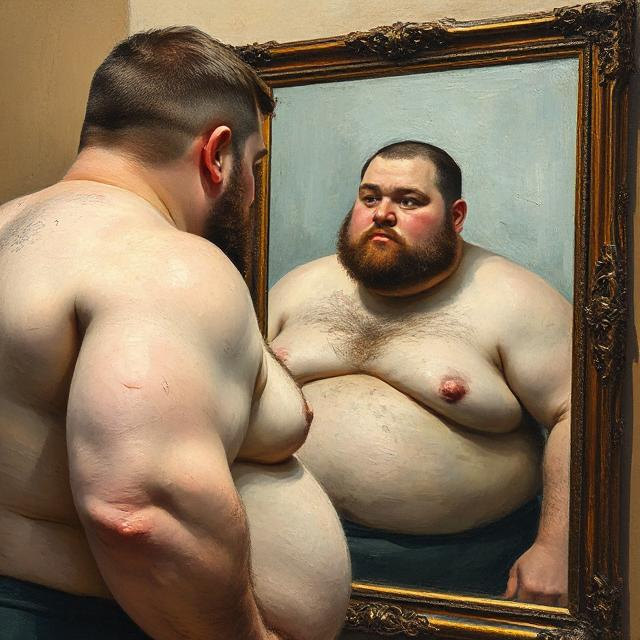These moments may seem small to others, but for someone living in a larger body, they can accumulate — creating a chronic undercurrent of stress, self-consciousness, and anxiety. Recognizing them is the first step toward building empathy, changing the narrative, and making spaces more inclusive.
-
Flying – Worrying about fitting into the seat, needing a seat belt extender, or side glances from seatmates.
-
Sitting in booths at restaurants – Wondering if the space will be too tight or physically uncomfortable.
-
Chairs with arms – Avoiding flimsy or narrow chairs that might not hold or fit their body.
-
Doctor’s appointments – Fear of weight-centered judgment, being weighed, or dismissed symptoms.
-
Job interviews – Concern about appearance bias or being stereotyped as lazy or unhealthy.
-
Going to the gym – Anxiety about being stared at, judged, or not fitting in with gym culture.
-
Attending social events – Worrying about seating, food judgment, or unsolicited “health advice.”
-
Trying on clothes in stores – Limited sizes, awkward fitting rooms, or rude sales staff.
-
Walking into a crowded room – Feeling hyper-aware of taking up space or being noticed.
-
Theme park rides or attractions – Fear of being turned away for not fitting into harnesses.
-
Public transportation – Anxiety about taking up space on buses, trains, or ride shares.
-
Dating – Worrying about body-based rejection or harmful assumptions.
-
Eating in public – Fear of judgment, especially if the food isn’t “healthy.”
-
Group photos – Feeling like the largest person in the picture or trying to “hide” in the back.
-
Medical imaging or procedures – Equipment might not fit or may not be rated for higher weight.
-
Being in a swimsuit or at the beach – Body exposure can trigger deep discomfort or shame.
-
Shopping at regular-size clothing stores – Feeling invisible or excluded.
-
Climbing stairs or walking long distances – Worrying about breathing heavily or falling behind.
-
Being asked to participate in active work functions – Like retreats, fitness events, or team-building games.
-
Everyday stares, comments, or assumptions – Including unsolicited advice from strangers or even loved ones.




